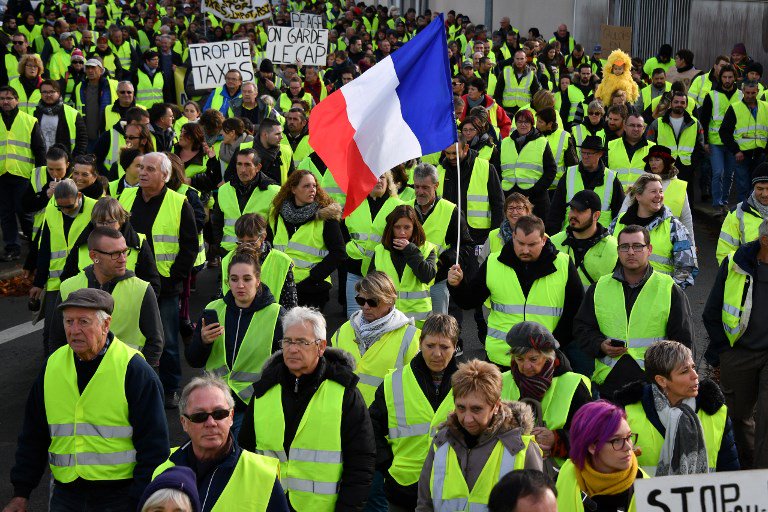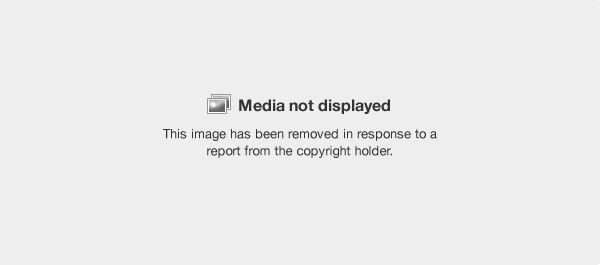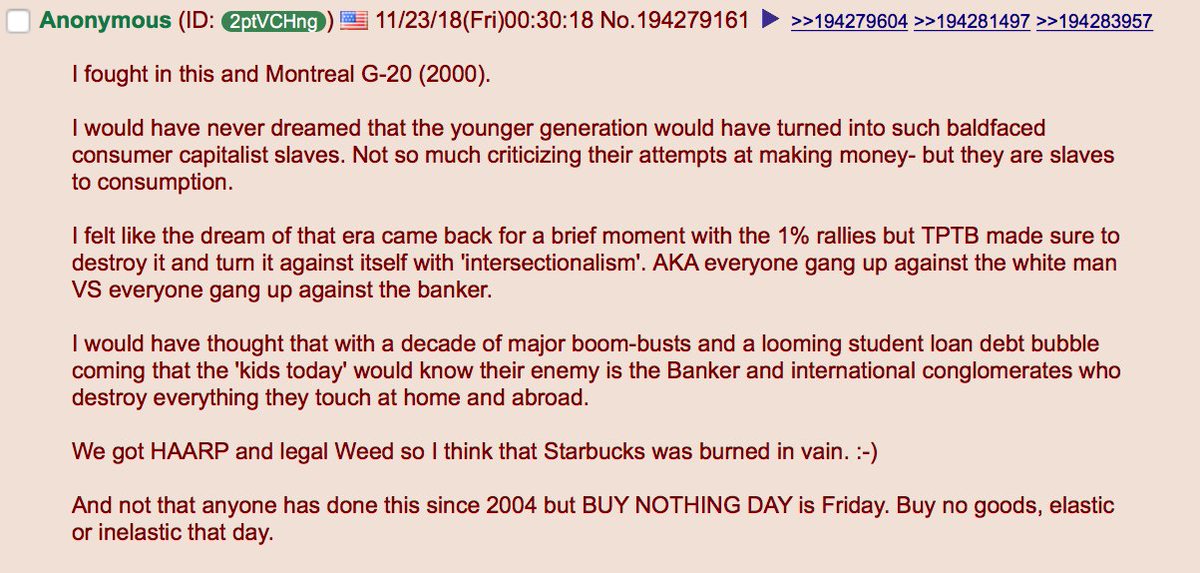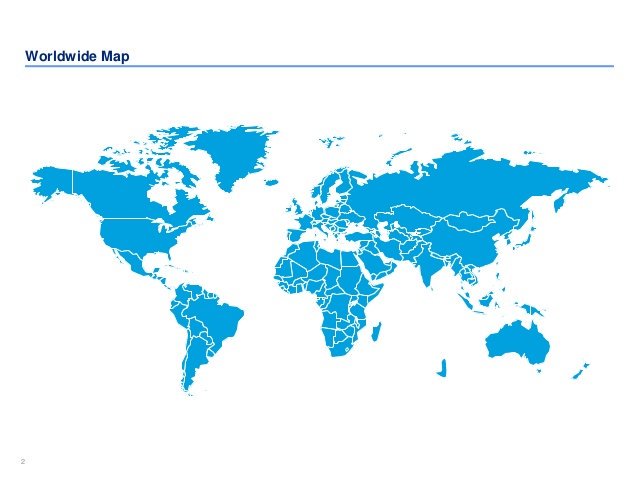She’s in her forties and lives alone with her daughter, who currently studies Sociology at Ewha Womans University [sic], the top women's university in South Korea..
Before starting her own clinic around fifteen years ago, she had worked at a large hospital in Seoul.
"Are there any other forms of 'systemic discrimination' against female doctors these days?" I asked.
"So women have to do that more than men?" "No, no," she replied.
"Anything else?" I asked. "Such as salary, for example?"
"Women doctors don't experience much discrimination these days, but there is still a lot of gender discrimination in Korea."
"Such as?" I pressed, but received no clear examples.
My own view was that she had been quite selfish.
"Because of women's sacrifice!" she retorted, and then laughed to take off the edge of her comment.
"Why not?" I asked.
"Because there are too many people on this planet. She thinks we need to decrease the world’s population."
"It’s fine," she said. I agreed that overpopulation was a problem, but noted that the response of elites in the West to declining birthrates was to ramp up immigration, and as a result the population there was growing, not shrinking.
"Sure," she said. "There’s nothing to be done. Korea is already 'global.'"
"So if Korean culture disappears, you don't mind?"
"No, I don't. I think 'humanity' comes first, and 'culture' is second. If Korean culture and society are the most important thing, then we have to 'sacrifice' for it. I don't like that."
Certainly Muslims, for example, do not place the individual before the religion or the culture in many cases.
Why preserve something that you resent or even deeply hate?
In her spare time, she was studying to be a psychoanalyst, and was a keen reader of Carl Jung. In her view, the root of the problem was Christianity, which "separates" men from women, because it "lacks a female god."
"No," she laughed, "it's Jung’s theory. You know, Christians traditionally hated women. During the Middle Ages, they burned women as 'witches.' They saw women as 'possessed' by the devil."
I suggested that she was imposing an overly Western perspective on Korean society that could be somewhat limiting when viewing male-female relations here.
When I studied feminism at UC Berkeley in the early nineties, it was understood to be one perspective among many.




























